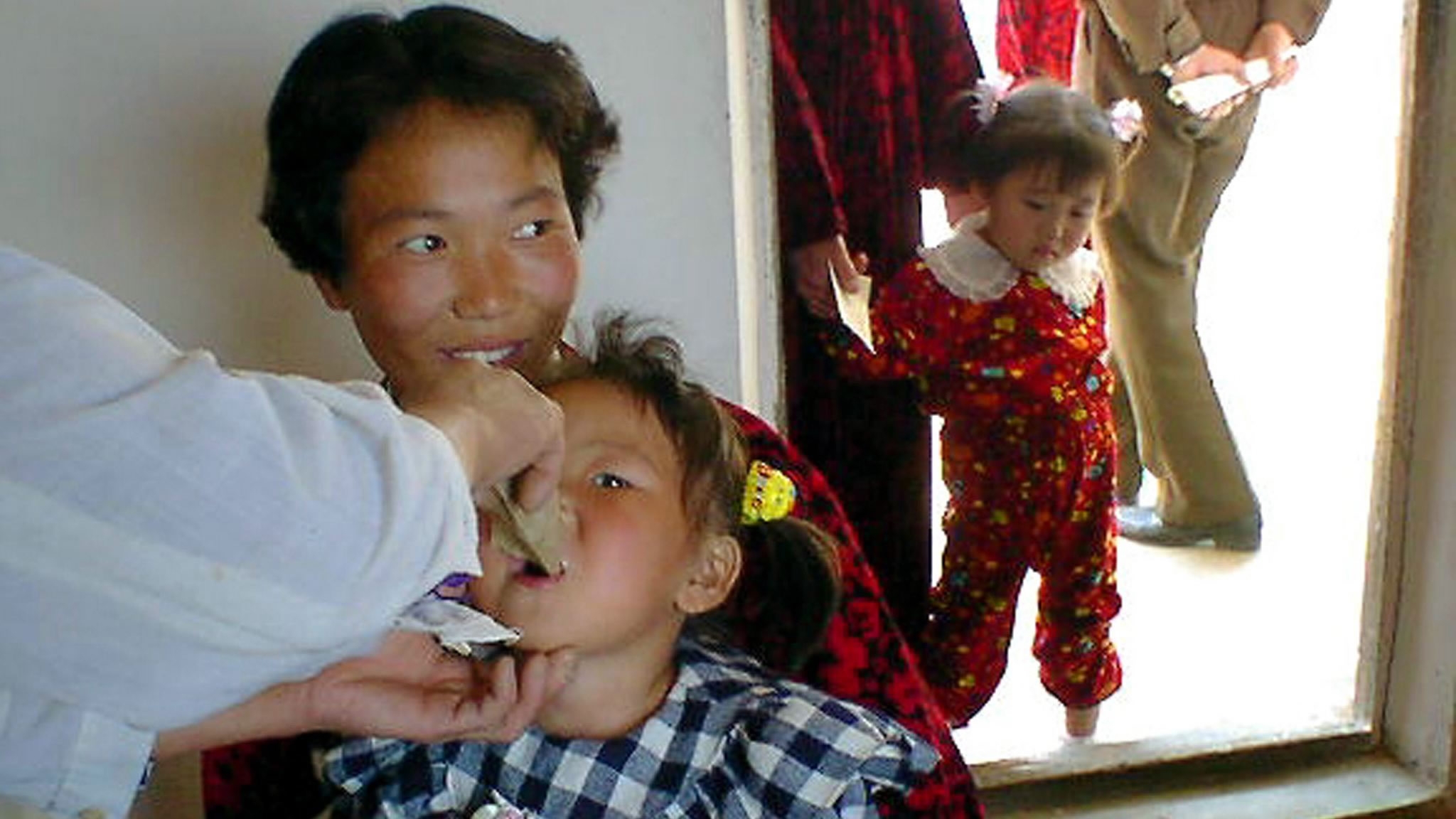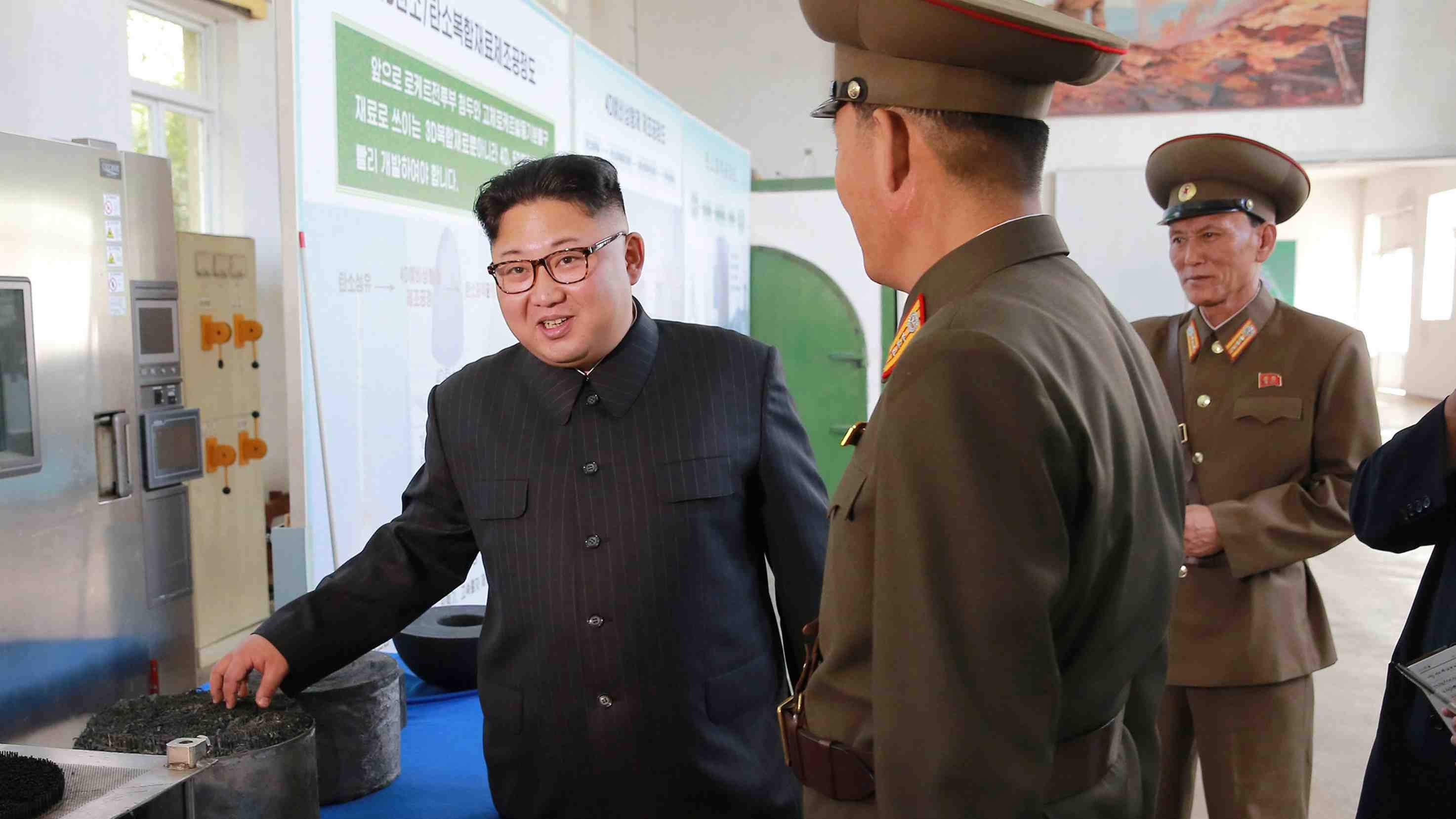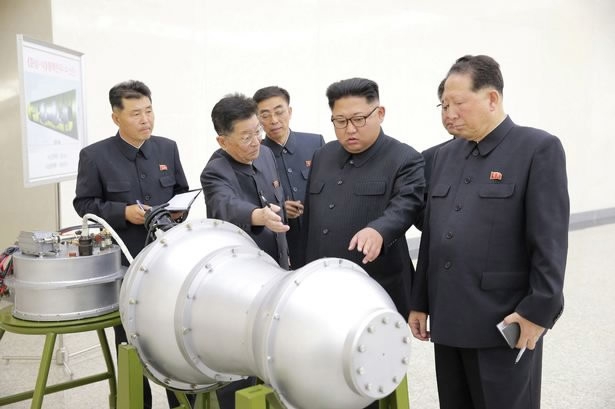
Politics
14:52, 14-Sep-2017
S. Korea considers humanitarian aid for DPRK
CGTN

South Korea said on Thursday that it was considering providing eight million US dollars as aid to the Democratic People's Republic of Korea (DPRK) via international organizations, following the stepped-up sanctions against the country adopted by the UN Security Council on Monday, as reported by South Korean news agency Yonhap.
The government is to hold a meeting to decide whether to provide humanitarian assistance to those in need in the DPRK, Seoul's unification ministry said.
Once approved, South Korea will provide 4.5 million dollars for a project of World Food Program, which helps infants and pregnant women, and another 3.5 million dollars for the UN International Children's Emergency Fund (UNICEF).
It would be the first of its kind under the Moon Jae-in administration. Seoul's aid to Pyongyang was suspended after the DPRK's fourth nuclear test in January last year.

DPRK leader Kim Jong Un gives field guidance during a visit to the Chemical Material Institute of the Academy of Defense Science in this undated photo released by KCNA in Pyongyang, Aug. 23, 2017. /Reuters Photo
DPRK leader Kim Jong Un gives field guidance during a visit to the Chemical Material Institute of the Academy of Defense Science in this undated photo released by KCNA in Pyongyang, Aug. 23, 2017. /Reuters Photo
"The government's basic stance is that humanitarian assistance to those who are vulnerable in DPRK should be continued regardless of political considerations," a ministry official said.
"Seoul plans to decide the details of the aid and its timing after taking into account the inter-Korean situation."
Sanctions against DPRK need more involvement
The DPRK drew global condemnation for its latest nuclear test on Sept. 3, which it claimed was a hydrogen bomb test.

DPRK leader Kim Jong Un examines a nuclear weapons program in this undated photo released by KCNA in Pyongyang, Sept. 3, 2017. /Reuters Photo
DPRK leader Kim Jong Un examines a nuclear weapons program in this undated photo released by KCNA in Pyongyang, Sept. 3, 2017. /Reuters Photo
The latest resolution bans DPRK from exporting textiles, its second-biggest export after coal and other minerals in 2016, totaling 752 million dollars, according to data from the Korea Trade-Investment Promotion Agency.
The Security Council has also imposed a ban on condensates and natural gas liquids, a cap of two million barrels a year on refined petroleum products, and a cap on crude oil exports to the DPRK at current levels.
The UN Panel of Experts tasked with monitoring the DPRK said earlier that the implementation of the resolutions by UN member states "remains insufficient and highly inconsistent". Research by the Peterson Institute for International Economics (PIIE) has found that the more countries support the sanctions, the greater the chance they will work.
953km

SITEMAP
Copyright © 2018 CGTN. Beijing ICP prepared NO.16065310-3
Copyright © 2018 CGTN. Beijing ICP prepared NO.16065310-3